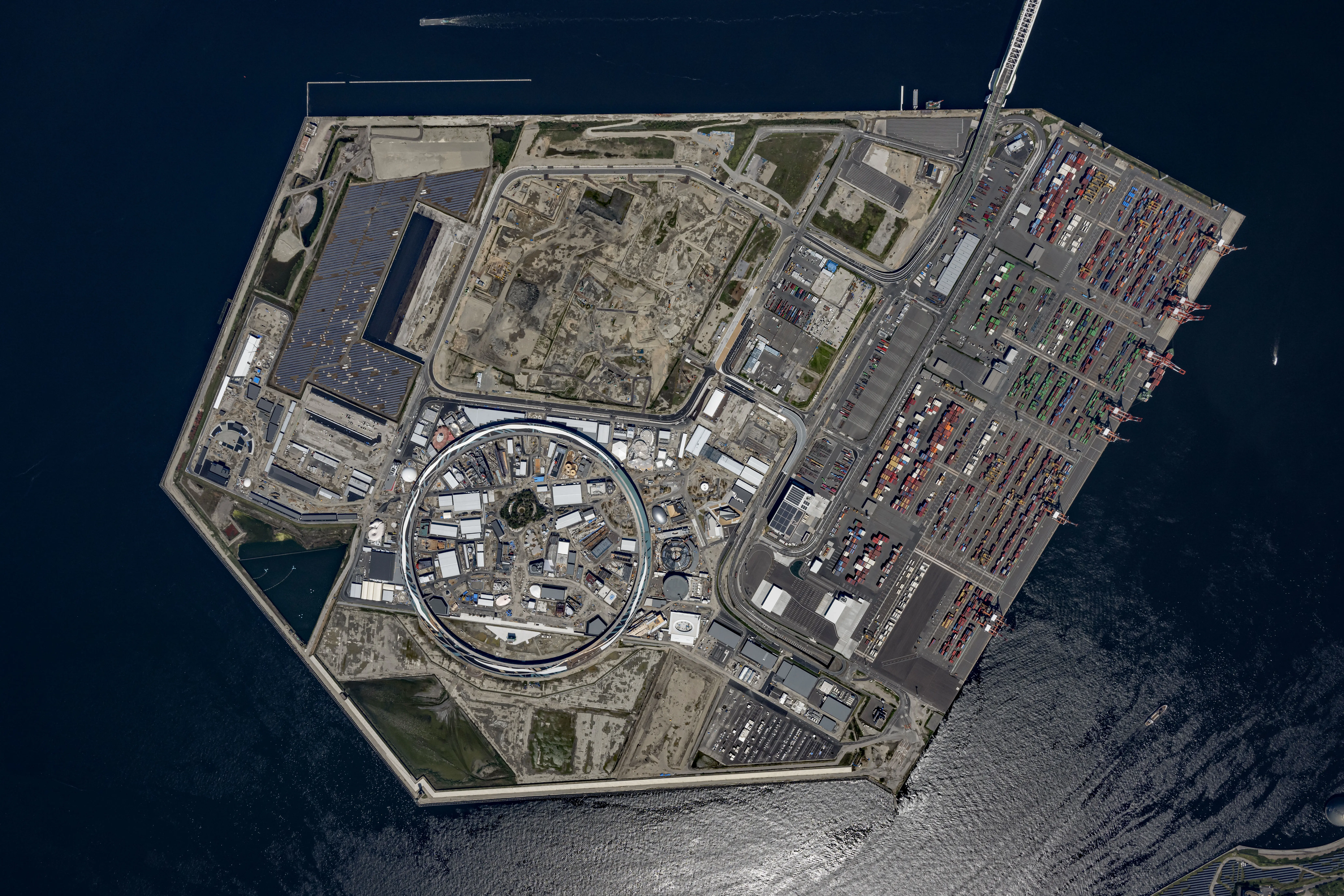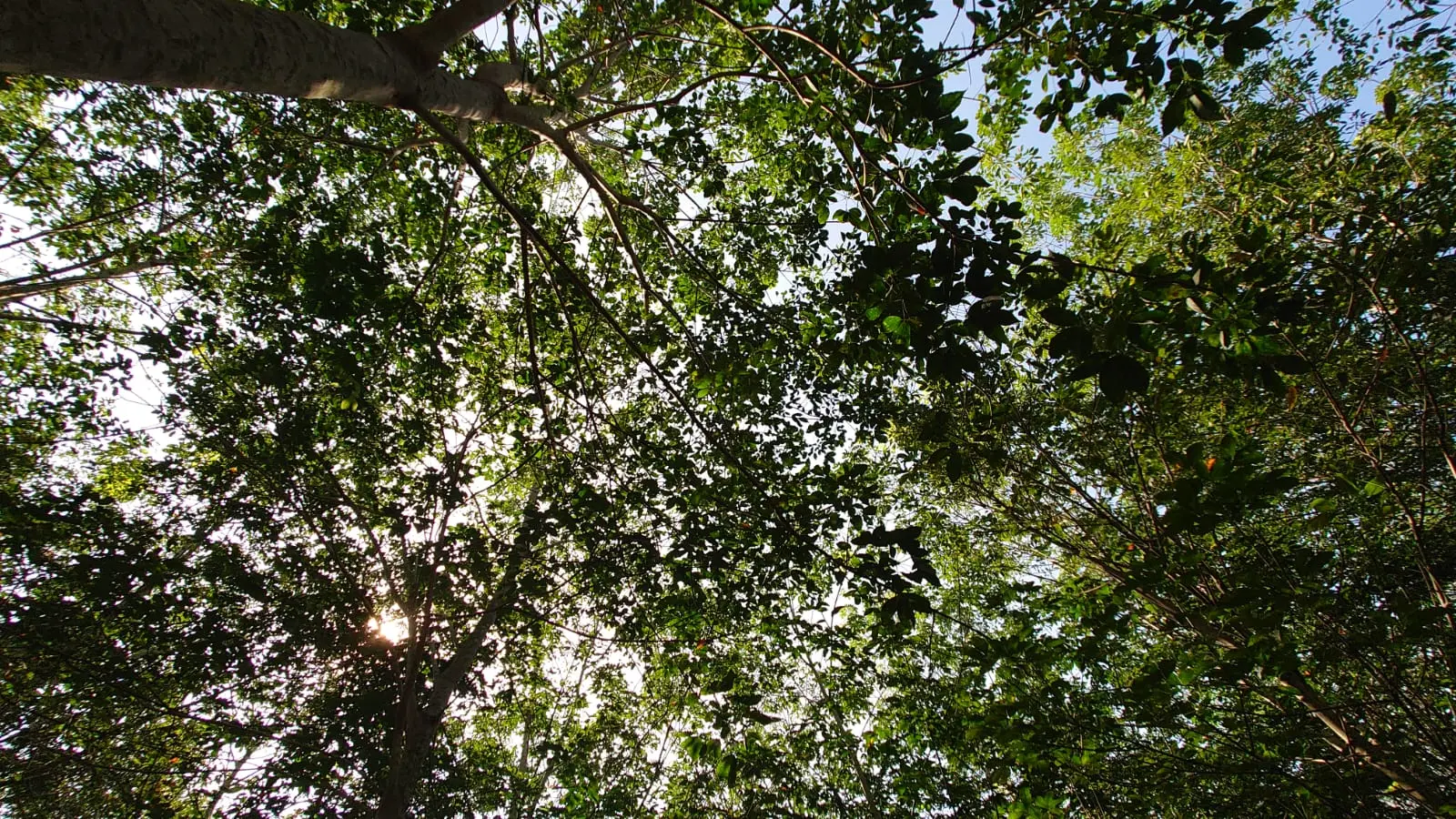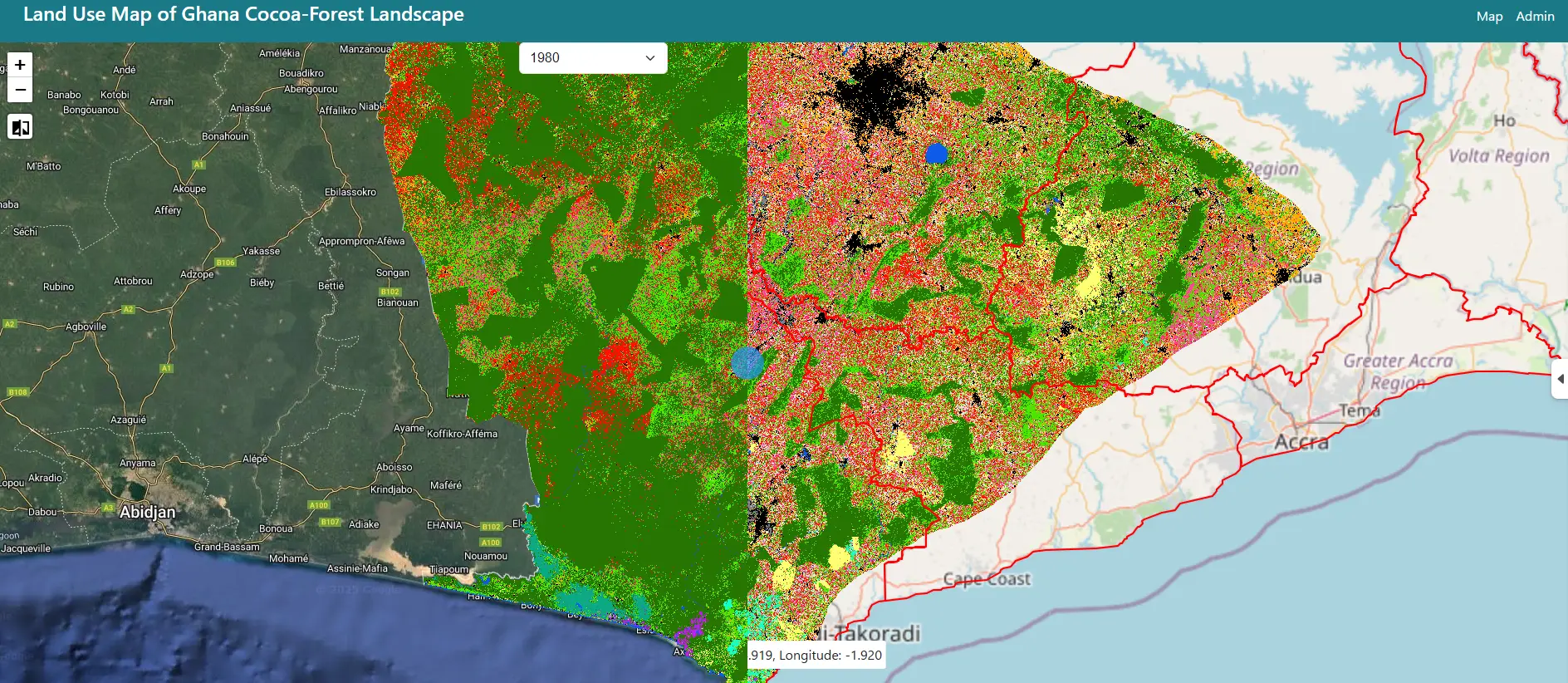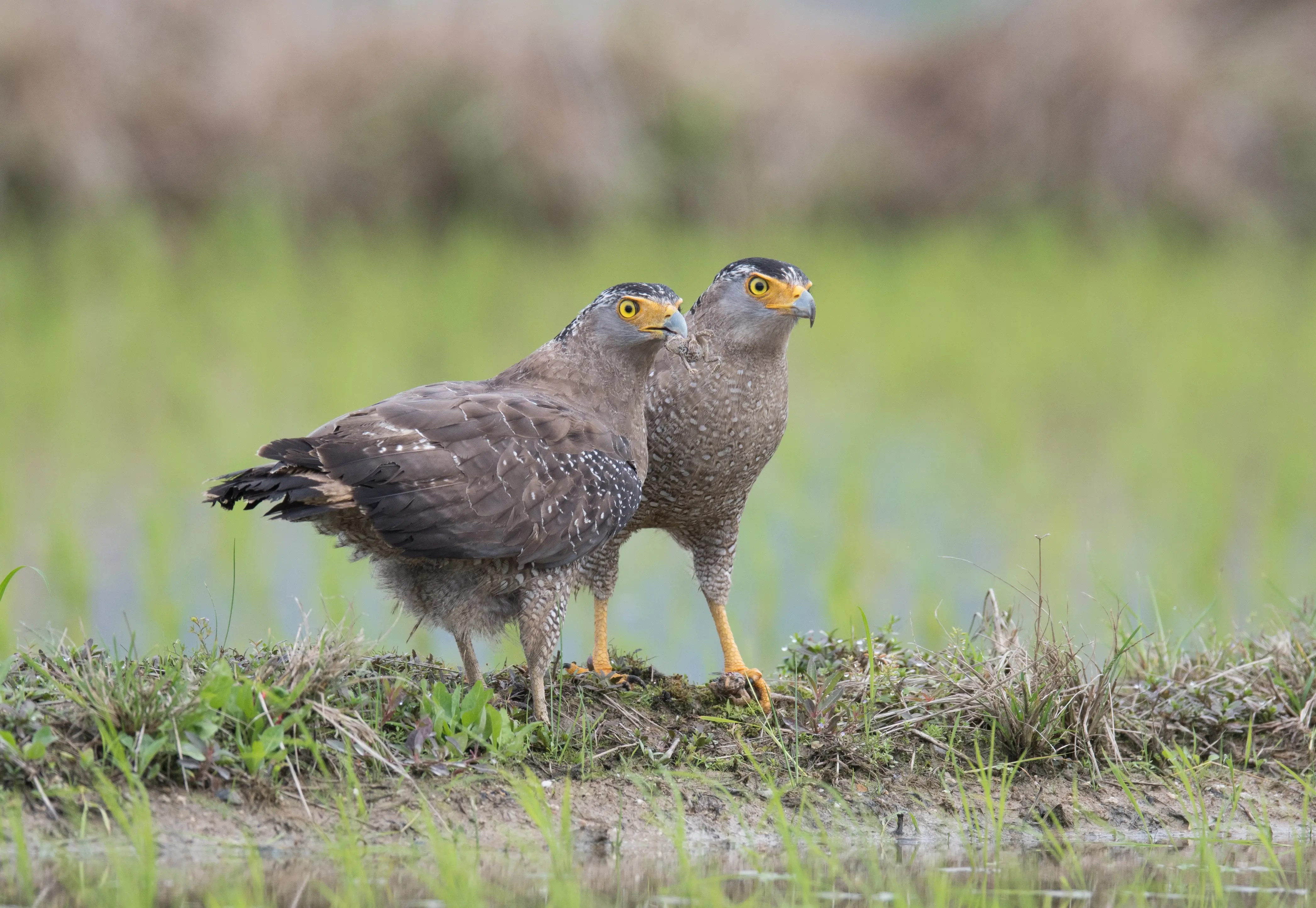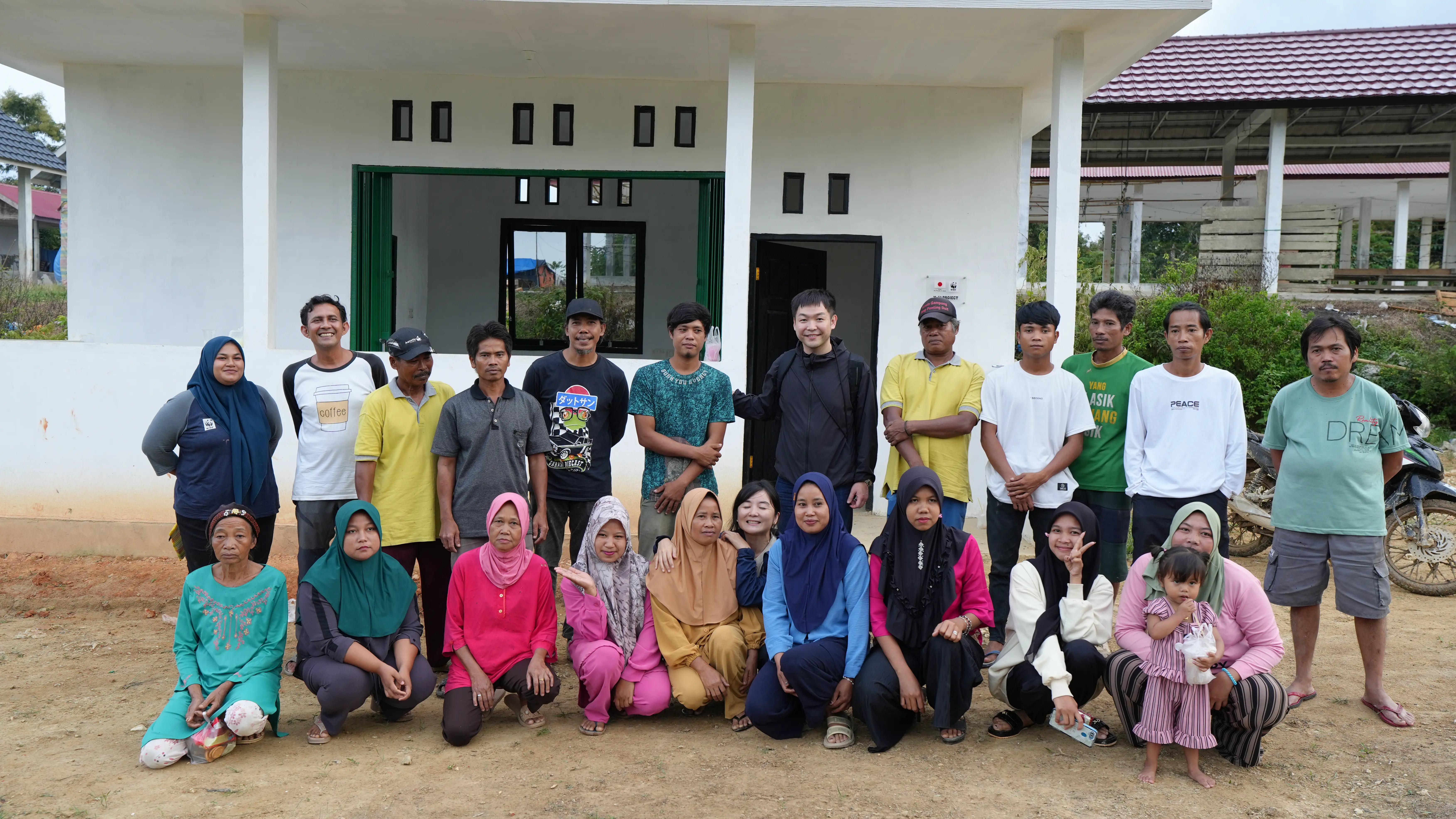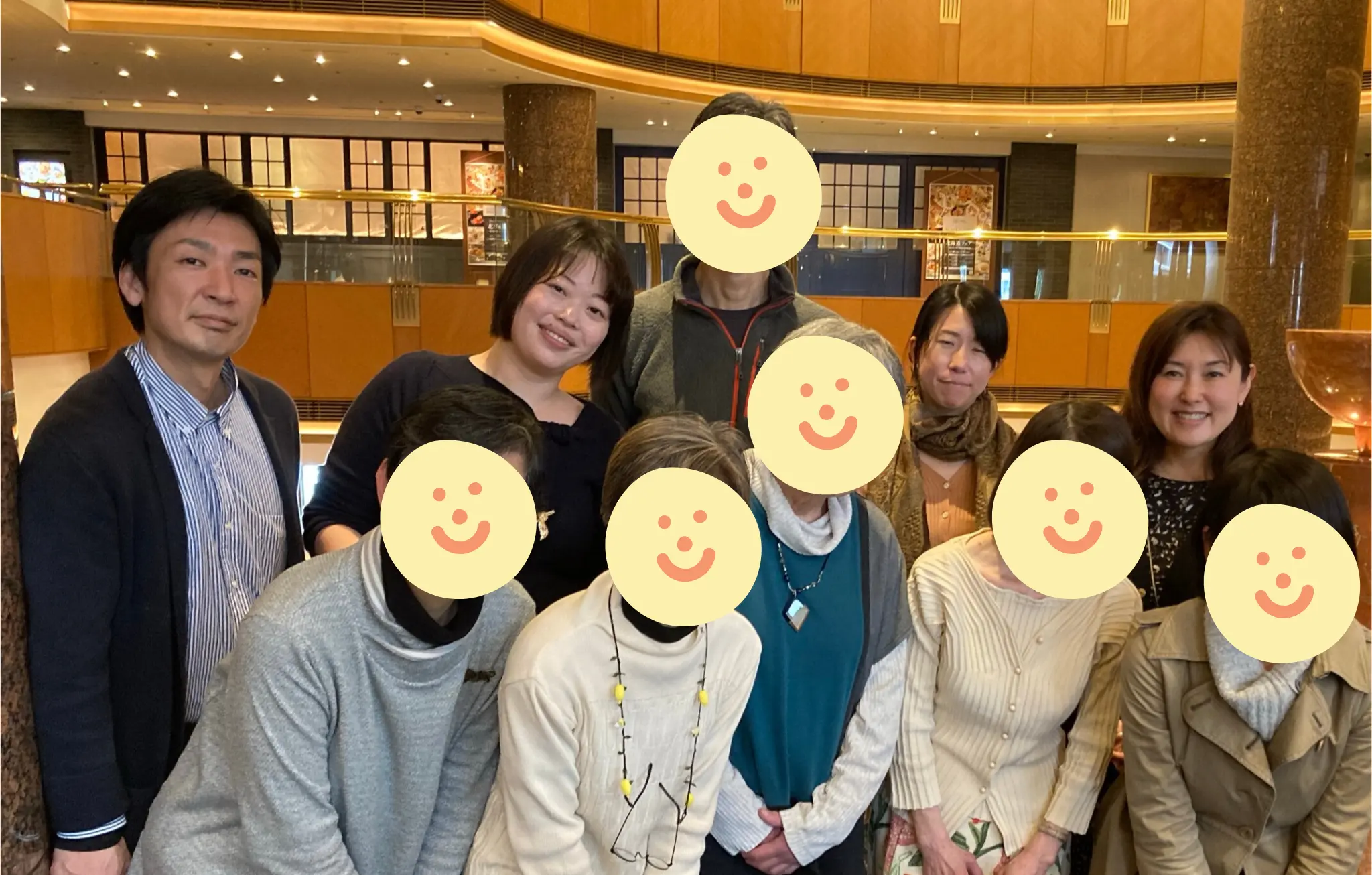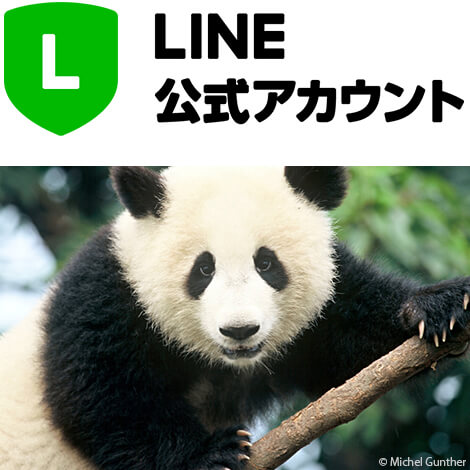APP社の新たな公約 保護どころかさらなるグリ-ンウオッシュ
2012/05/22
記者発表資料(仮訳) 2012年5月22日
APP(アジア・パルプ・アンド・ペーパー)社は、同社が直接管理する伐採許可地(コンセッション)での自然林の伐採を一時的に停止することを公式に発表した。しかしWWFは、同社の公約は既に自然林の大部分が伐採されている地域から搬出される木材だけではなく、同社工場が受け入れる木材の全てを対象とすべきであると主張する。
WWFインドネシアのナジール・フォアドは、「APP社は、その森林での操業に関する激しい批判が、ますます増加し、かつ広まっていくという事態にありながら、それでも意味のある変化を遂げるのではなく、それどころか、またしてもグリーンウオッシュへの投資を選択した。WWFの分析によれば、今回の限定的な自然林伐採の一時停止による影響はごく僅かだ。なぜならAPP社は、リアウ州において同社および提携会社が伐採許可を得た土地のうち、713,383ヘクタール、つまりほぼ全ての自然林を既に伐採してしまっているからである」と話す。
5月15日付けで発表された声明の中でAPP社は、「保護価値の高い森林(HCVF)」の調査をするためにインドネシアで伐採許可を得ている土地における自然林の皆伐を6月1日より一時的に中断するとした。
APP社は、工場に受け入れる原料の100%を再生可能な植林木にする期限を、当初は2004年までと発表していたが2007年に延長し、その後さらに2009年にまで引き延ばし、3度とも自らで課した期限を守らなかった上に、現在も自然林由来の原料に依存している。今回の直接管理地のみにおいて一時的に自然林の伐採を停止するという発表は、そういった過去の公約のレベルにさえも及ばない。
WWFの算出によると、仮に新たな発表で示された公約をAPP社が順守する場合、保護されるのは22,000ヘクタールとなる。一方、1984年以降、パルプ製造のために破壊した自然林と絶滅の危機にあるトラの生息地は200万ヘクタール以上に及ぶ。
APP社が直接管理する伐採許可地に残された自然林のうち103,000ヘクタール強 は、すでに 保護指定されているか、法的な保全の義務を負っている。
声明の中でWWFは、「公約が意味を持つためには、第三者機関が透明性のある形で『保護価値の高い』地域を特定し、保護するまでAPP社は、自然林の皆伐および、全ての自然林由来の原料の工場受け入れを停止すると今すぐに表明する必要がある。一方で我々は、今回の声明とその意図についての更なる分析を行っている」と述べた。
WWFは2004年、APP社が「持続可能性を改善する」という公約を順守しなかったことを受けて、同社との関わりを断っている。
APP社は、2000年初頭に債務不履行に陥った後、2004年、一部の債権者に対して、「法的拘束力のある」債務再編成の合意の一環として、リアウ州のある地域の熱帯林の保全を約束したが、2012年3月には、その熱帯林を激減させていたことが明らかになっている。
スマトラで活動するNGOの連合体、アイズ・オン・ザ・フォレストは、衛星画像分析からAPP社の木材供給者がこの合意後3年も経たぬうちに、スマトラ島中央部のプラウ・ムダにある「保護価値の高い森林」、つまりケルムタン地域のトラの生息地の熱帯雨林の伐採を開始していたことを突き止めている。
スマトラトラの足跡が、ある皆伐された土地で見つかった。
APP社は世界最大級の製紙企業の一つであり、65カ国以上で製品を販売している。
インドネシアにおけるAPP社のパルプ生産は、スマトラ島中部のリアウ州とジャンビ州が中心である。この地域は、地球上で最も生物多様性が豊かな地域の一つであり、絶滅の危機にあるスマトラゾウ、スマトラトラ、スマトラオランウータンの最後の生息地の一つとなっている。これらの全てが大幅な生息地の減少により局所的な絶滅の危機に直面している。
関連記事
- APP社、さらにグリーンウォッシュへ
- APP社の違法伐採 PEFCが調査を要請
- 認証機関、 APP社の持続可能性を否定
- 【報告書】SMG/APP社: 自然林破壊は続く
中身のない「持続可能性ロードマップ」ではインドネシアの熱帯林破壊は止まらない
原文:Latest APP promise more greenwash than protection
An Asia Pulp and Paper promise for a moratorium on natural forest logging in directly owned concessions needs to cover what goes into its mills rather than what comes off already mostly cleared areas, according to WWF.
“APP once again has chosen to invest in greenwashing instead of meaningful change in the face of increasing and widespread condemnation of its forestry practices,” said Nazir Foead of WWF-Indonesia. “Our analysis suggests that this limited moratorium will have little impact, since APP has already cleared 713,383 hectares or almost all of the natural forest in its own and affiliated concessions in Riau.”
In a statement released last Tuesday APP announced that from June 1st it would suspend the clearance of natural forest on APP owned concessions in Indonesia to allow High Conservation Value Forest HCVF assessments to be conducted.
The latest promise doesn't even come close to the levels APP committed to in 2004, 2007 and 2009; all three times APP missed self-imposed deadlines of supplying its pulp mills exclusively from renewable plantation wood.
WWF has calculated that if APP abides by the promises made in its recent announcement it may save 22,000 ha compared to the more than two million hectares of natural forest and endangered tiger habitat pulped since 1984.
Just over 103,000 hectares of the remaining natural forests are forests that are already designated or by regulation must be protected.
“To be a meaningful commitment APP must immediately commit to stop clearing natural forests and accepting all natural forest fibre into its mills until areas of high conservation value have been independently and transparently identified and protected. We are conducting further analysis into this statement and its implications, in the meantime,” WWF said in a statement.
WWF ceased engagement with APP in 2004 after the company failed to honour commitments to improve sustainability.
In March of this year it was discovered that APP had decimated tropical forests it promised to conserve under “legally binding” debt restructuring in 2004.
Using satellite imagery the report by Sumatra based NGO coalition; Eyes on the Forest found that within three years of making the agreement, APP’s wood suppliers began clearing areas of high conservation value forest in central Sumatra’s Pulau Muda, a rain forest in the Kerumutan tiger landscape.
A footprint of a Sumatra tiger was found in one of the cleared areas.
APP is one of the world’s largest pulp & paper companies and markets products in more than 65 countries.
APP's pulp production in Indonesia is based in the Riau and Jambi provinces in central Sumatra, one of the most biologically diverse landscapes on Earth and one of the last refuges for the critically endangered Sumatran elephant, tiger and orang-utan. All face local extinction in the area because of massive habitat loss.



